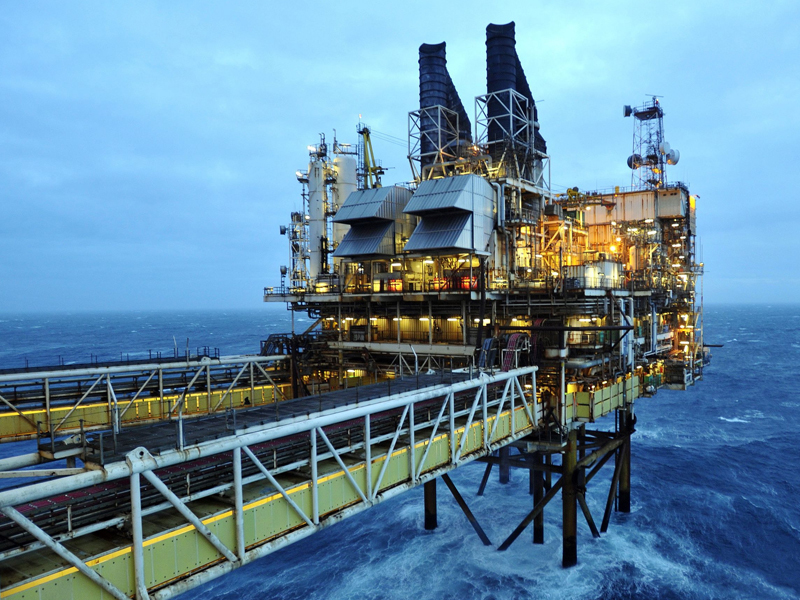The oil and gas sector, a major driver of the Scottish and wider UK economy, has been a key battleground in the independence debate.
The question is, would the industry flourish even further in an independent Scotland, or does it require the “broad shoulders” of the UK Government to ensure future prosperity?
And what levels of tax revenues can we expect from an industry facing warnings of declining exploration and falling production as the remaining reserves become harder and more expensive to extract?
There have been, at times, wildly differing estimates of just how many barrels are left in the North Sea. Professor Alex Kemp, from the University of Aberdeen, one of the most respected academic voices in the sector, examines these projections in more detail on these pages.
As for the issue of stewardship of the sector, that, like many issues in the referendum, depends largely on who you choose to believe.
Chancellor George Osborne, who has insisted that the UK Government is best placed to manage the industry in the future, travelled north in July to announce a “game changer” tax break to encourage investment in ultra-high-pressure, high-temperature oil fields.
The move received a cautious welcome from an industry still bruised by a decision by the Conservative MP to launch a £10billion tax raid on the sector in 2011 without any prior consultation.
The Treasury was also accused of adding 10% to drilling costs with a decision to slap an extra tax on rigs and flotels coming into the North Sea to carry out work – a practice known as bareboat chartering.
The SNP has repeatedly used these examples to paint a picture of a Conservative-led government that cannot be trusted with such a vital industry, and First Minister Alex Salmond has insisted an independent Scotland could deliver a more stable tax and regulatory regime.
So what does the industry think?
A study by Strathclyde University’s Fraser of Allander Institute on behalf of Aberdeen and Grampian Chamber of Commerce, showed that 38% of about 700 firms said the outcome of the vote would make no difference to them.
That would appear to back SNP claims that the sector is “not fazed” by independence.
However, the same survey showed that 45% of those polled said the referendum was affecting plans and investment proposals.
The suggestion that uncertainty has damaged confidence falls somewhat flat, however, given record levels of investment and the number of firms committing millions to new office developments in and around Aberdeen.
Aker Solutions – with 2,600 employees – committed to a 20-year deal on a £150million office complex at Dyce earlier this month, while Norwegian giant Statoil unveiled multimillion-pound plans for a new base at Kingswells in July.
While there is still money to be made, it is safe to say these companies will remain.
However, the oil will eventually run out.
The Yes campaign was
dealt a significant blow last week when tycoon Sir Ian Wood said the effects of depleting reserves may hit jobs and the wider Scottish economy by 2030.
Plans to establish a Norwegian-style oil fund also prompted Glasgow University’s Centre for Public Policy for Regions to predict spending cuts would be required to plug a fiscal gap.
But the SNP says oil revenues should be regarded as a “bonus”, with Mr Salmond arguing that Scotland’s economic output per head is almost identical to that of the UK – even without oil.
